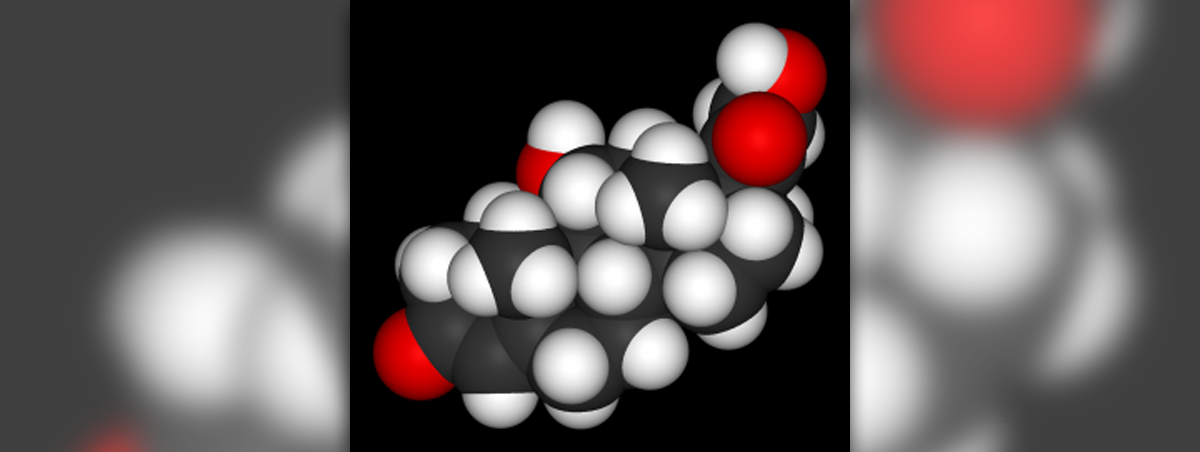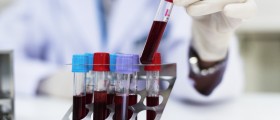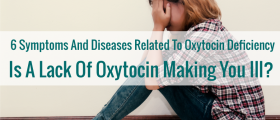
Cortisol
The adrenal cortex is responsiblefor the production of the hormone cortisol. The production of this hormone isstimulated by adrenal cortical stimulating hormone. The pituitary gland isresponsible for the secreting of adrenal cortical stimulating hormone. Cortisol is a hormone that hasseveral roles in the body. This hormone regulates the blood pressure and hasthe role to regulate the level of the sugar in the blood along with insulin. Furthermore,cortisol assists the body’s immune system by fighting against the foreign bodiesthat enter the body.
The main factor that causes therelease of this hormone is stress. When the body is under stress for a longtime, it leads to the occurrence of hypercortisolism, which is the term for the highlevels of cortisol. When the level of cortisol isslightly increased, it does not cause any serious or major problems to thehealth of the person. However, hypercortisolism may impair the immune systemand it can cause infertility or lead to the development of Cushing’s syndrome.
Causes of high cortisol levels
As already mentioned above, the maincause for the occurrence of high levels of cortisol is prolonged stress. Another reason responsiblefor the occurrence of hypercortisolism is hyperthyroidism or overactive thyroidgland. Furthermore, adrenal tumor andcancer, pituitary malfunction because of a tumor or adenoma, as well as pregnancyand increased physical activities, are some of the potential causes for theincidence of high cortisol levels. This condition may also be caused byconsummation of certain medications, such as anti-inflammatory steroid drugsand contraceptive pills.
Symptoms of high cortisol levels
The symptoms of elevated cortisollevel usually appear gradually over time. Since this condition impairs thefunctioning of many organs in the body, as well as the immune system, the mainsymptoms of high cortisol levels are frequent infections, ulcers, high blood pressureand high blood sugar levels of hyperglycemia. The people who suffer fromhypercortisolism may also experience weight gain in particular body parts, suchas abdomen and trunk, while the limbs usually stay slender. Due to obesity, thepeople with this condition are at high risk to develop heart disease, such asstroke, heart attack and high LDL or bad cholesterol level.
Hypercortisolism may also causeseveral skin disorders, such as the appearance of acne on face, or purplecolored stretch marks on the stomach, thighs and breasts. Depression, anxiety, paranoia,muscle weakness and bone weakens are also some of the symptoms of high cortisollevels. Infertility, irregular menstruation andthe growth of facial and body hair are also the symptoms of hypercortisolism inwomen.

















Your thoughts on this
Loading...